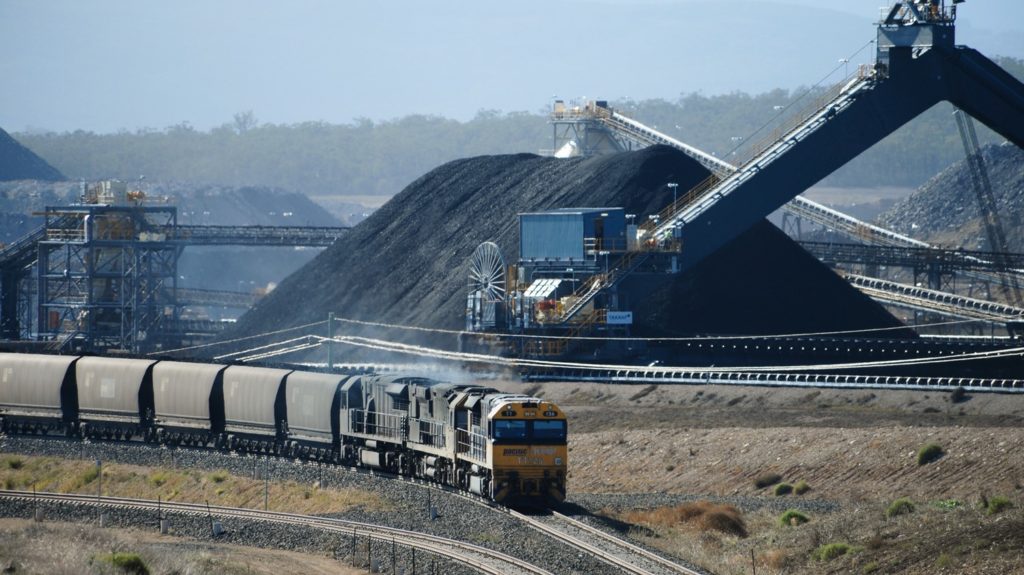Whitehaven Coal, which is one of Australia’s biggest coal producers, is currently facing a rare “second strike” from shareholders this week as climate activists seek to draw attention to the miner’s plans to ramp up volumes and resulting carbon emissions.
According to multiple reports, the ASX-listed company received a 41% vote against its executives’ remuneration report at last year’s annual general meeting. A vote of at least 25% at this year’s AGM on Wednesday would force a motion to spill Whitehaven’s board.
Market Forces, a climate action lobby, said that the investor group Glass Lewis backed a second censure against Whitehaven. Another investor, ISS, also called for a rejection of plans to award the chief executive, Paul Flynn, a 1m share bonus worth about $7m.
“Whitehaven is paying massive bonuses to executives for steamrolling ahead with an outdated and unacceptably risky coal growth strategy,” said Will van de Pol, Market Forces’ chief executive. “Investors do have the power to change companies if they are willing to pull out all the stops and use that power.”
Successful “second strike” votes are fairly rare, with none achieved in last year’s AGM season, according to consultancy PwC.
Read also: Santos sued by its own shareholder in first greenwashing case
Whitehaven plans to expand its thermal coal output alone by about 40% in the next 20 years at a time when fossil fuel production should be in retreat, a shift out of step even with its peers in Australia, according to Van de Pol. Some of its plans, including the Blackwater South mine in Queensland, had a planned life of as much as 90 years.
Still, Whitehaven may face an embarrassing event at Wednesday’s gathering in Sydney. A protest vote of more than 25% would result in a spill motion for the board. Should that motion secure at least 50% of shareholders’ votes, Whitehaven would be forced to call a subsequent meeting to choose its non-executive board members.
For its part, Whitehaven issued a statement aimed at rebuking Market Forces’ push.
“Whitehaven’s remuneration framework considers short-term production goals (with outcomes based on performance versus yearly budgets) and long-term project advancement, both to replace mines which are closing (due to finite mine lives) and to develop new projects with attractive rates of return,” the company said in defence of its salary plan.
Story was adapted from the Guardian.
